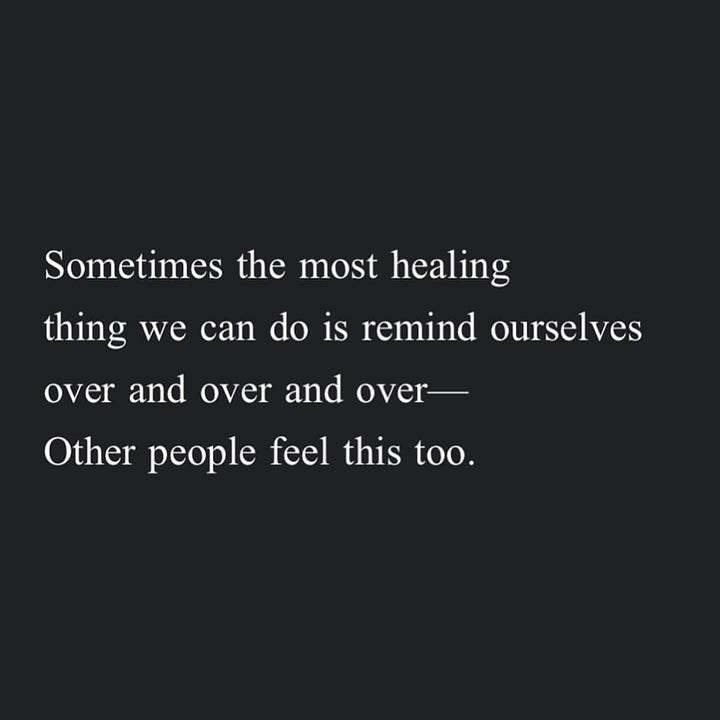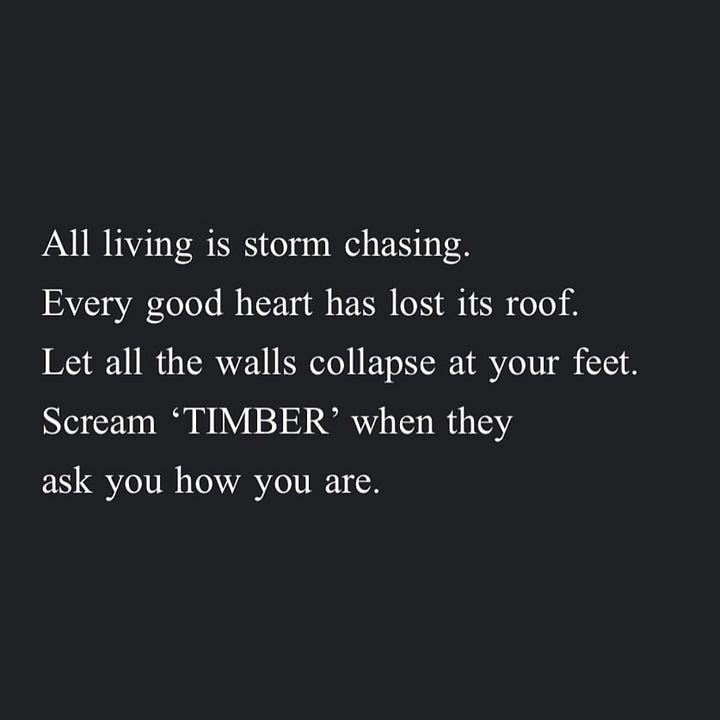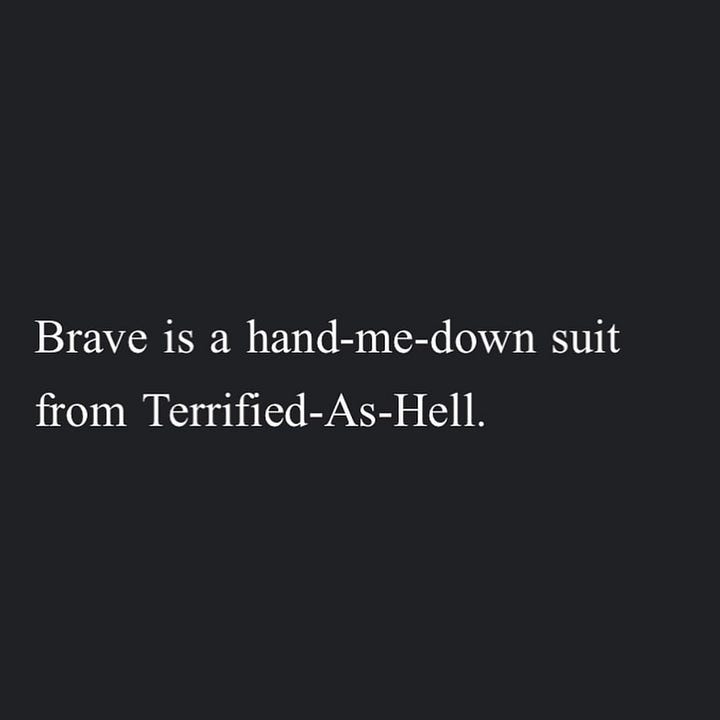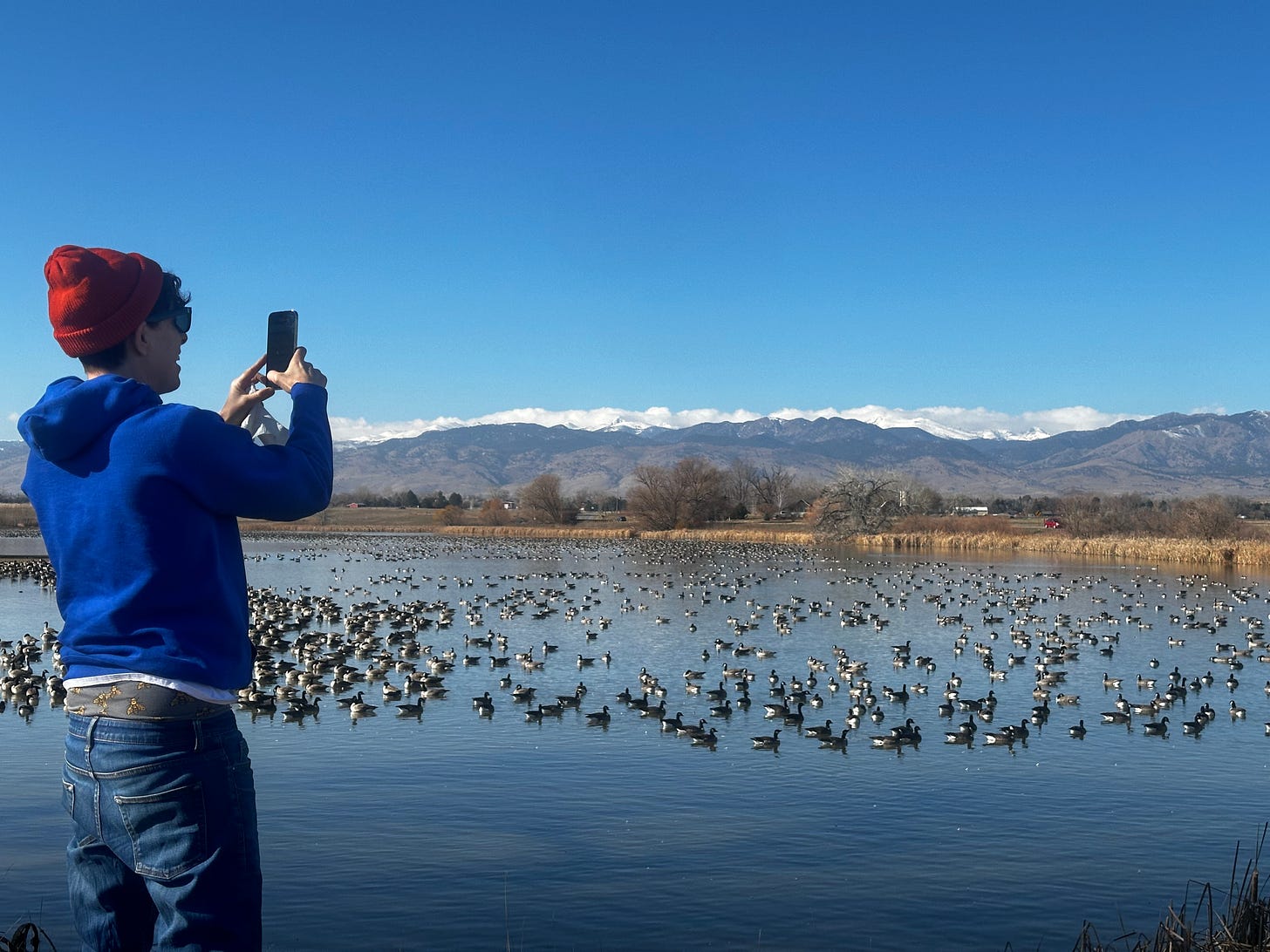Illness and the Myth of Strength
What a Yoga Class Got Wrong About Resilience
In 2010, after I’d spent a very long time so sick with Lyme Disease I was barely able to walk, I finally felt strong enough to attend a yoga class. By strong enough I mean I’d built up the courage to walk into one of the trendiest yoga studios in one of the most fitness-focused cities in the world, knowing I would have to spend half of the class resting on my back until the pain in my body subsided enough for me to try the next pose. Fifteen minutes into the class, when I took my first rest, the yoga instructor yelled, “You cannot be strong in your mind if you are not strong in your body.” Each time I rested after that, she repeated those words, loudly: “You cannot be strong in your mind if you are not strong in your body.”
I was in my 30’s at the time and had spent most of my life in a fully able body, so I could freshly recall years of my own unintentional ableism. I knew the instructor meant no harm with what she’d said. My illness was largely invisible. Though Lyme was still a huge daily struggle, I looked healthy. But when I left the yoga studio that day, I was angry. Angry that the instructor hadn’t understood the privilege of her words. And angry that I hadn’t voiced my own perspective, which was—The strongest people in the world are very often those whose bodies aren’t strong at all.
On the drive home from the class that day, I replayed an imaginary scene in my mind. One in which, in the middle of the instructor’s repeated refrain, I leapt up on my yoga and delivered this little speech:
“Namaste means, ‘I bow to and honor the divine presence in you.’ Let us remember that this divine presence comes in many forms. For example divine presence may require a wheelchair, may struggle with using the bathroom alone, might have muscles too weak to speak or swallow food. We live at the foot of the Rocky Mountains, where people conquer summits as quickly as they down shots of wheatgrass. Reaching the top of a mountain is not synonymous with reaching enlightenment. But I do think that reaching enlightenment has a little bit to do with understanding that if there’s a staircase to heaven, there’s an elevator to heaven too. OK! Let’s do a few sun salutations with that in mind, shall we?”
(Oh, the many, many speeches I gave in the privacy of my mind when I was young!)
But I held my tongue that day, and I held it because of shame. A shame so intense that, ten years after I first became chronically ill, I still hadn’t publicly shared a single poem about my illness. But a short while after that yoga class, during a national tour, I read my most vulnerable poem about my health during every show. On that tour I was in so much pain that if an event host asked if I’d prefer to take the elevator over the stairs, I had to fight the urge to collapse into their arms, sob all over their shoulder, and thank them ten million times.
Much of the reason I decided to be public about my cancer diagnosis is because of how much hiding I did around my health in the past. “Shame can’t live in the light,” my therapist says, and I want no part of the darkness. Nothing has ever left me feeling more fragile, afraid, and disempowered than my own hiding.
And these days, if I were to hear someone say, “You cannot be strong in your mind if you are not strong in your body,” I know it wouldn’t impact me in the way it did long ago. Even if that someone were a yoga instructor standing over my yoga mat yelling that exhausted untruth in my direction, I can’t imagine feeling undone in the same way, because—you guessed it—I’ve grown stronger in my mind since then. And because I’m stronger in my mind now, I know I also wouldn’t hold my tongue. I’d look her in the eye and say something like, “Strength is choosing to show up to something hard knowing others won’t see the massive effort it took to get there. Strength is the courage to rest when your body demands it.”
And after that, because I haven’t entirely lost the angst of my youth, I think I’d just keep laying there, with my eyes closed, for the rest of the class, for dramatic effect.
I know many of you reading this newsletter are here because you're navigating illness and/or disability yourselves. If that’s you, I want to share something I wrote a few years ago: “There isn’t a healthy body in the world stronger than a sick person’s spirit.”
I believe that. But I also believe strength isn’t stoicism. Sometimes, strength is screaming. Or grieving out loud when the world tells you to be silent. Or crying openly in public. Sometimes strength is leaving the house when you want to stay in bed. Or making peace with staying in bed when you wish you were well enough to leave the house. If I were that yoga teacher, I might say something like this: “Sometimes Child’s Pose is even stronger than Warrior Pose. Because strength in the mind really just means openness in the heart.”
Namaste, Andrea 🖤
p.s
If you'd like to give me and someone you love a holiday gift as the same time, consider gifting a paid subscription to this newsletter. Thank you, everyone! Your support means the world to me.🎁




Thank you so much for everyone who has been purchasing signed copies of my books. Y’all are the best and I’m so grateful for your support of my art. We just restocked the merch store with more signed books, hoodies, shirts, posters and more. There’s still plenty of time to snag your favorite gifts before the holidays.📚 🎁




'Resilience' is another field of myth making as is unconscious ageism.
A few years ago, a friend of mine braved the Annapurna while I was happy and lucky to lurch 2000 steps in the park...
Pema Chödrön, in one of her books, I forget which one, remarked that everyone gets to their limit, and it feels the same, whether it's a famous himalayan mountain-top or a much-desired bench in the park... we all get to our limit. And it's the same limit. It's the same. And when you get there (as I did during cancer treatment), you have reached the realm of being unapologetically human. No competition, no shame. Just a very humble love: of your companion lurching beside you, the sun in your face, and the park bench beside your path.
Showing off my strength was/is the easiest thing in the world. Admitting I need help is the hardest damn thing I’ve ever had to do.